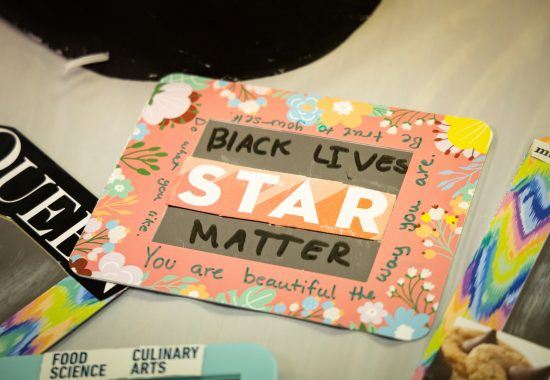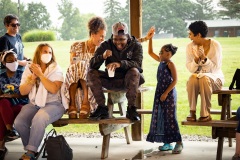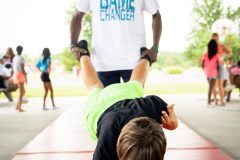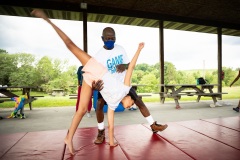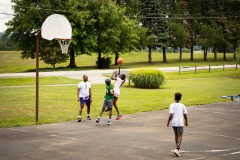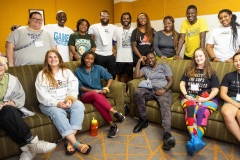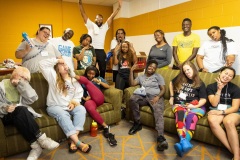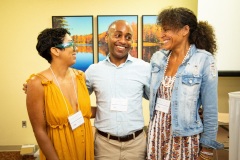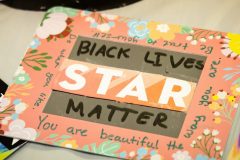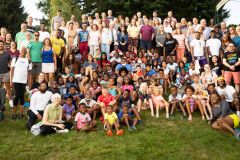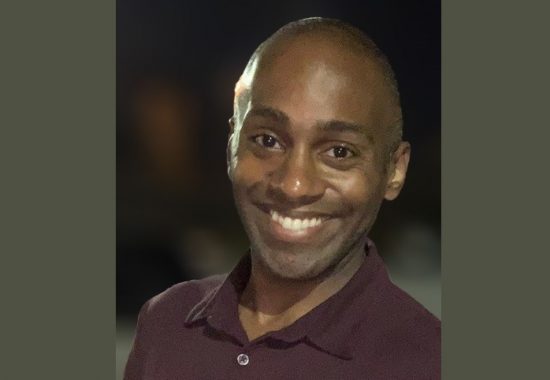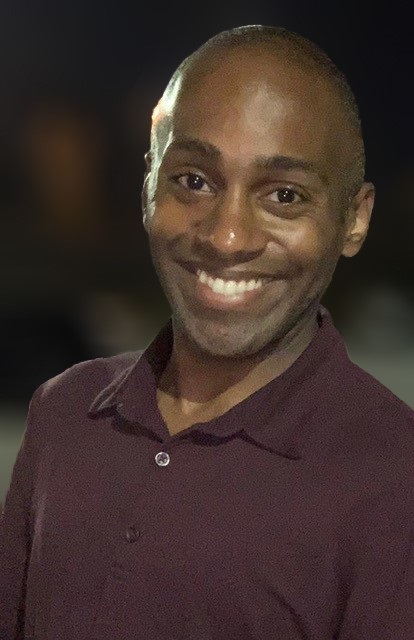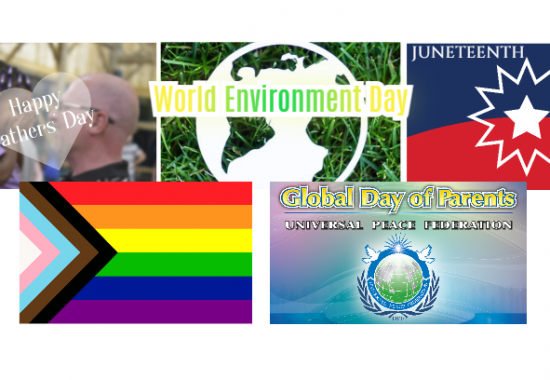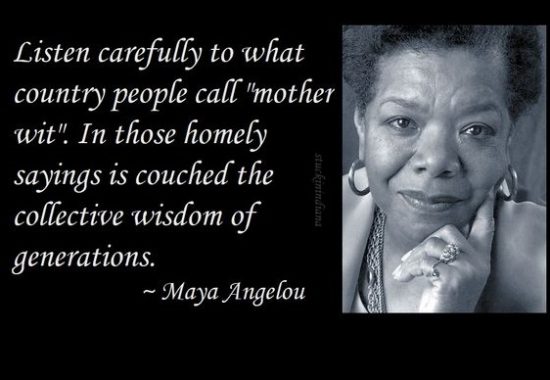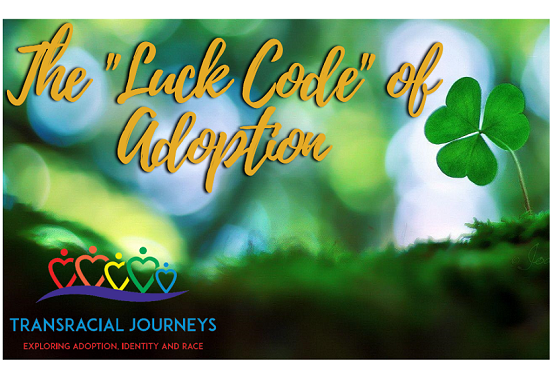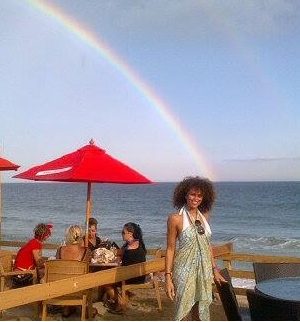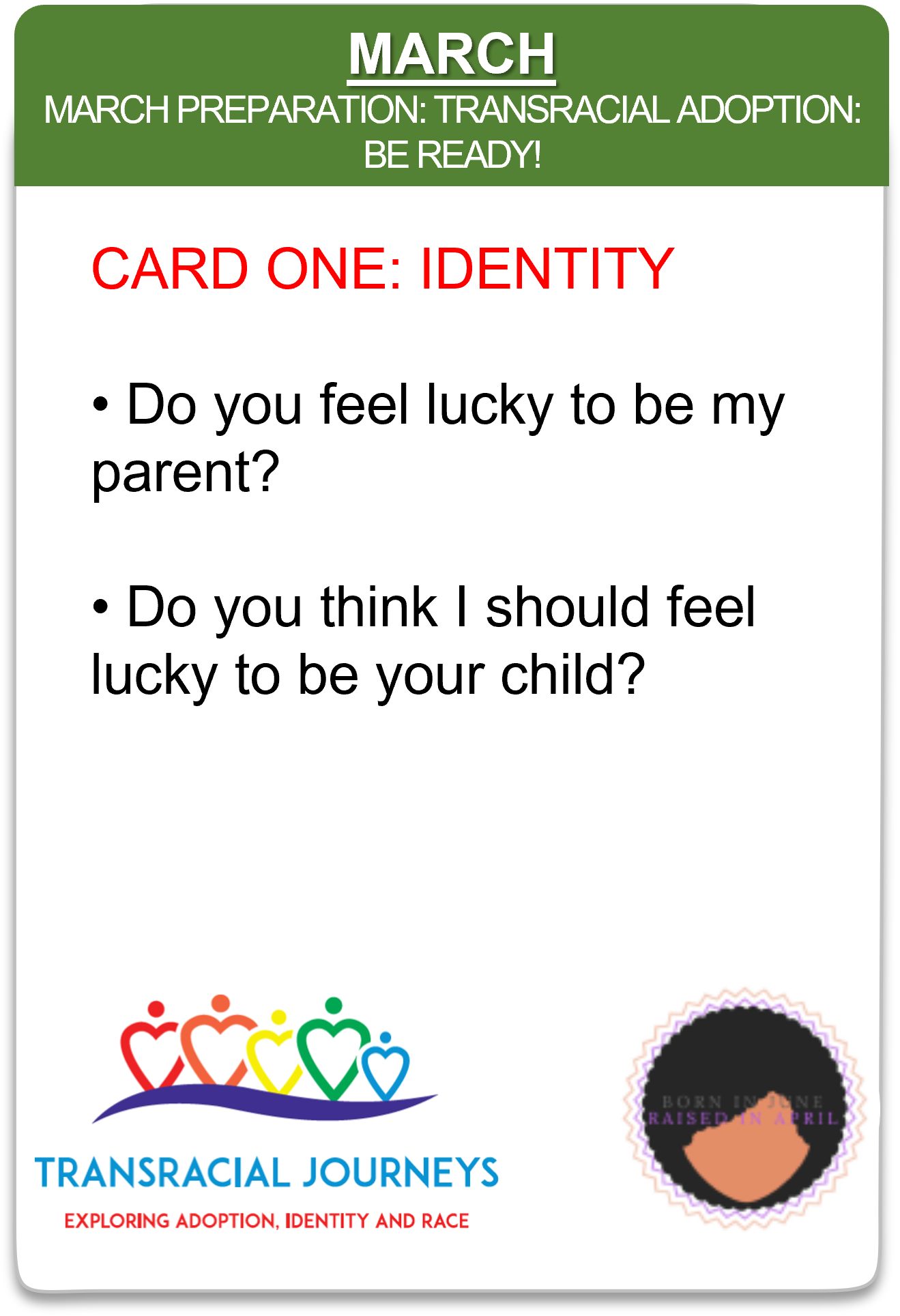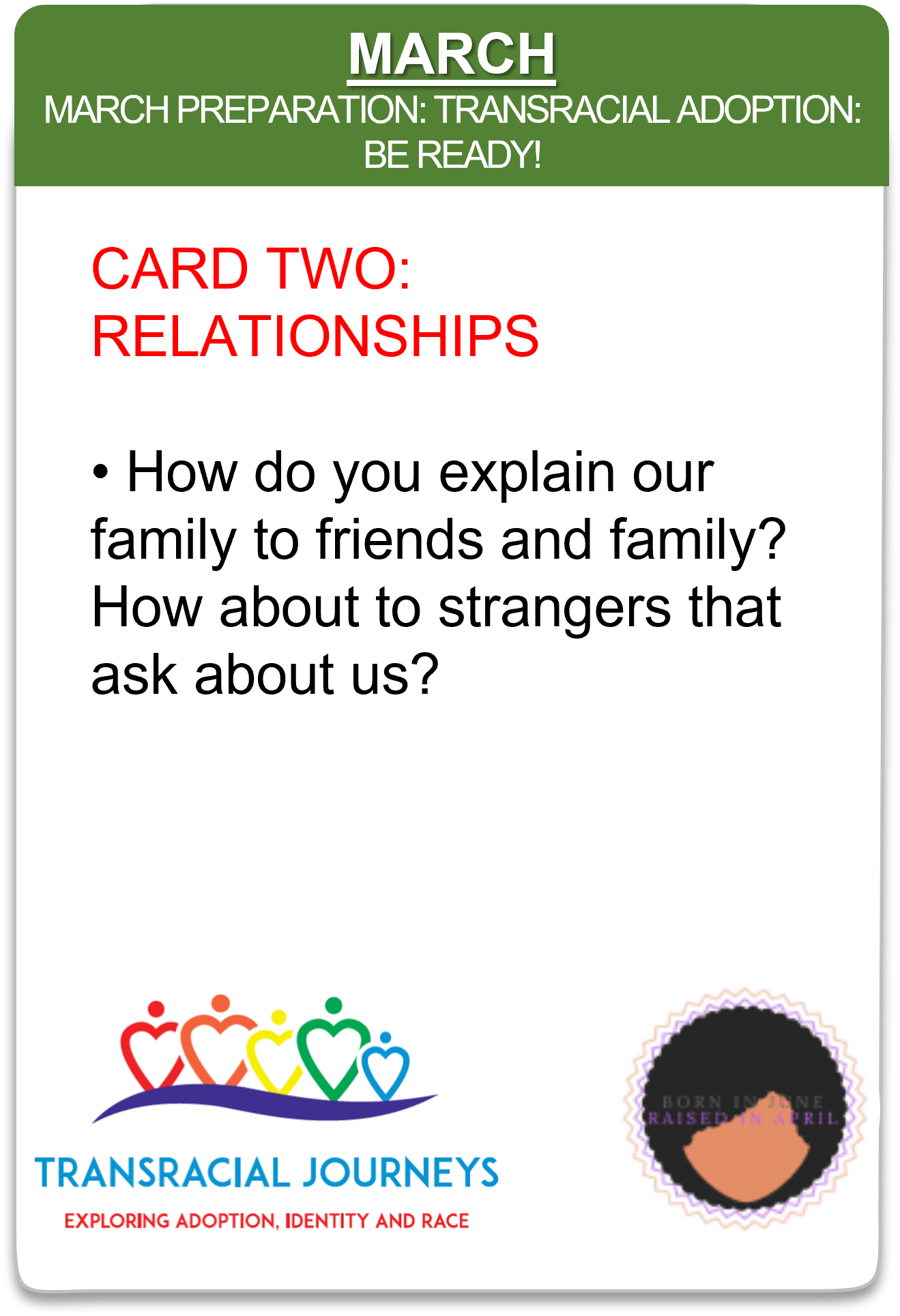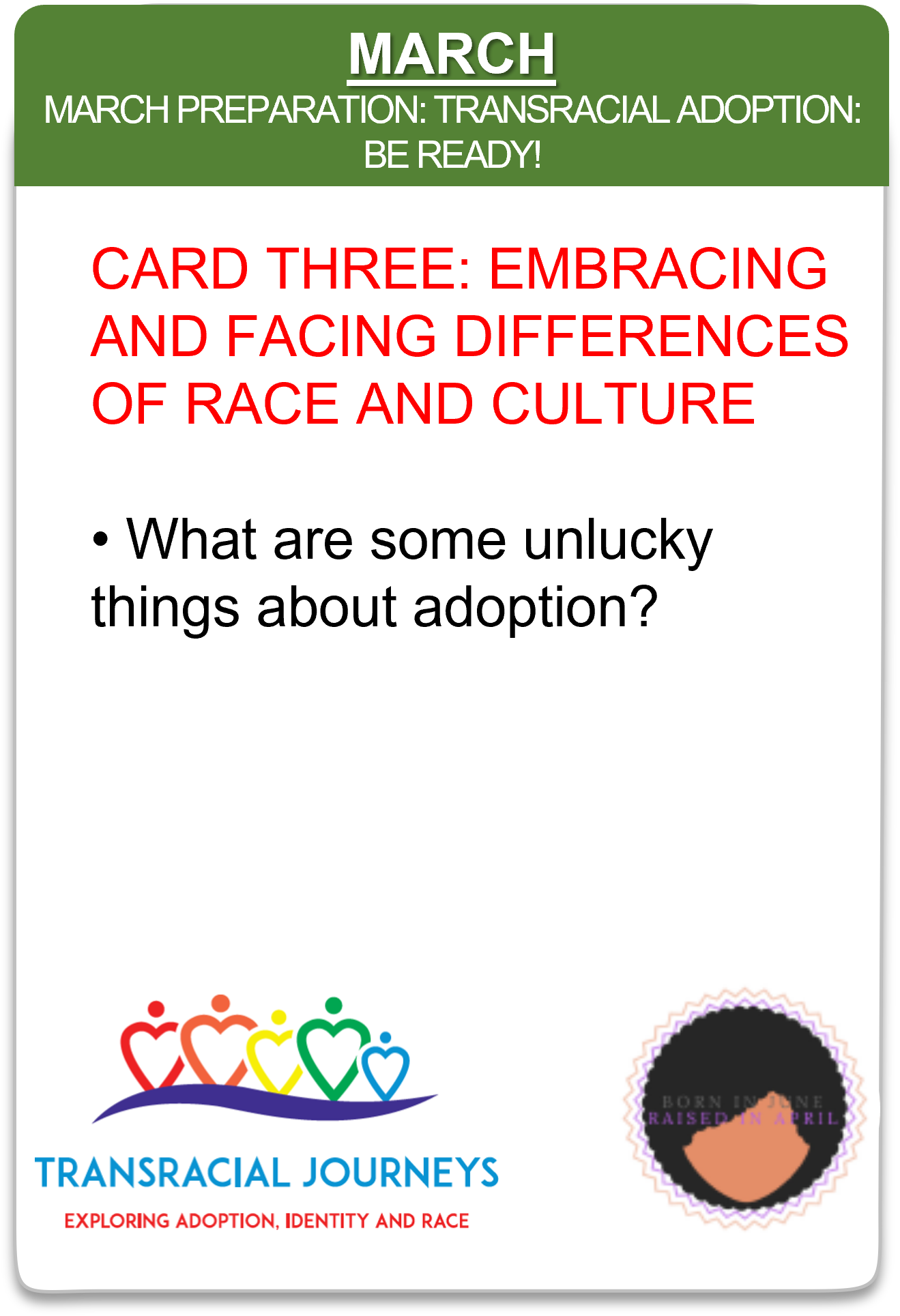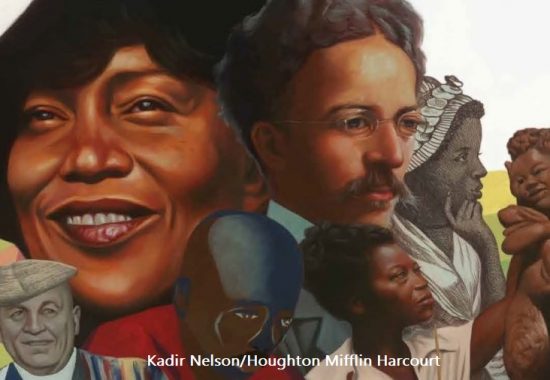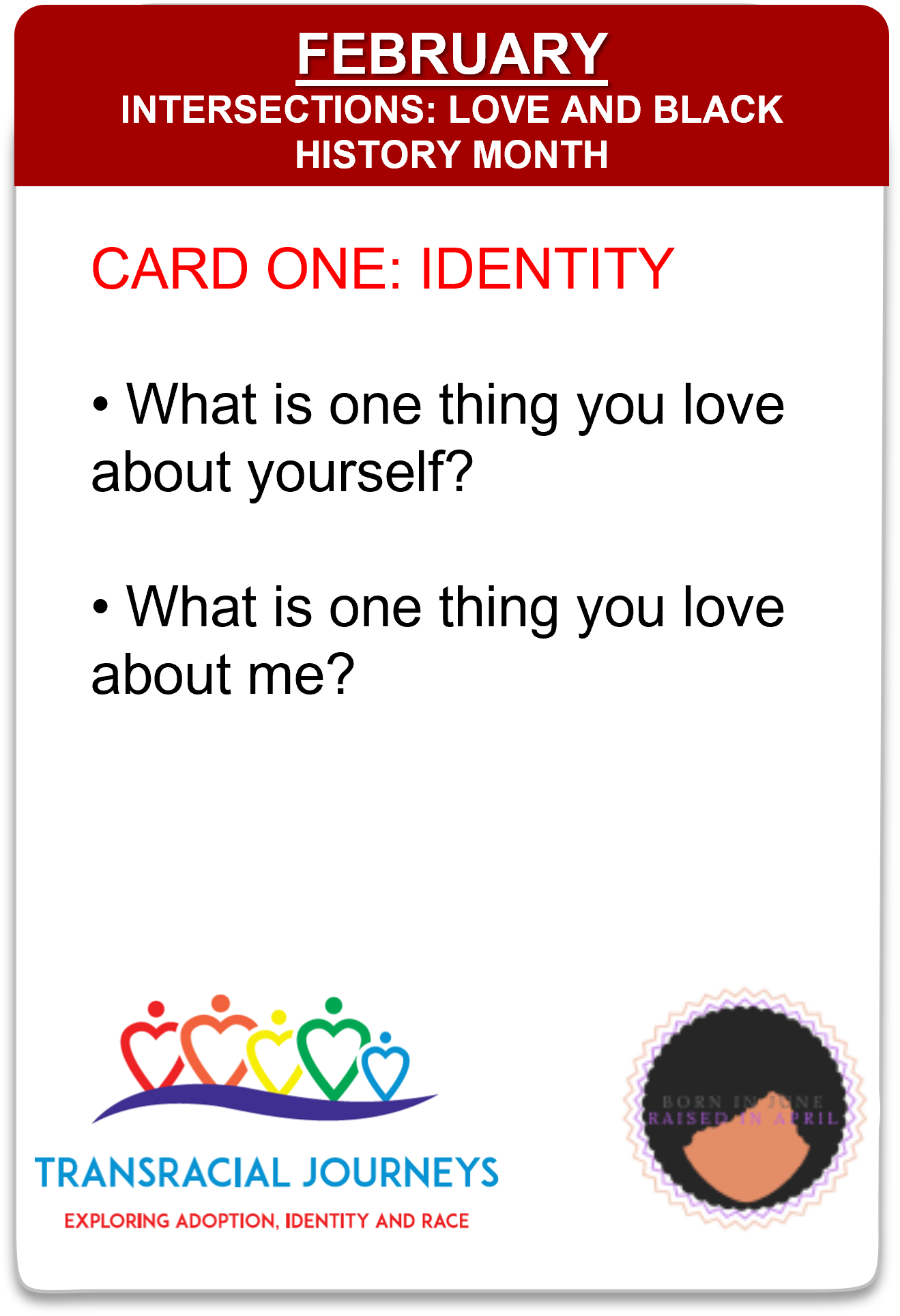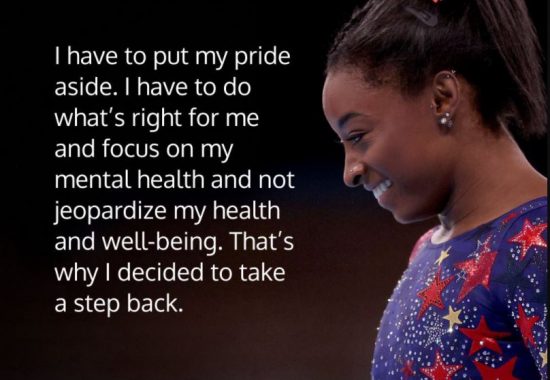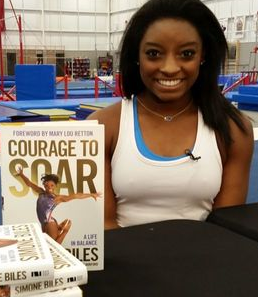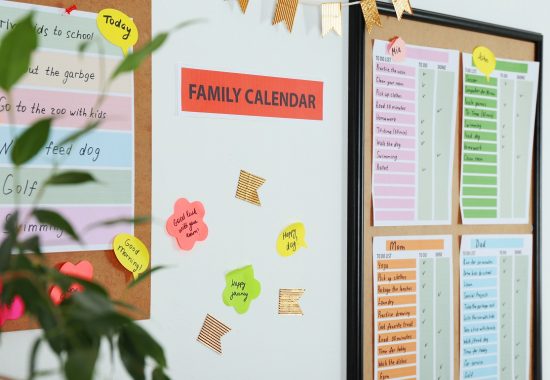Tag: parenting your transracially adopted child
Zack Fried: Recognizing Challenges of Transracial Adoption Today
Transracial Journeys is pleased to introduce Zack Fried as one of the featured presenters for Family Camp 2022, August 4-7th. Zack Fried is a transracial adoptee, who thoroughly enjoys discussing his adoption story with those within the adoption community, as well as those learning more about the adoption community. Zack's presentation will be focused on helping us to understand the importance of recognizing the challenges of transracial adoption today.
More About Zack
Zack facilitates a support group for adoptees over the age of 18 called Adoptee Circle of Experience (A.C.E.). Zack has 9 siblings, including 5 who were adopted, and has always felt that real and personal adoption experiences can often be the most authentic inspiration for others who are touched by adoption.
Zack has worked in the field of adoption for almost a decade and a half, and is Adoption STAR’s Associate Director. Zack is extremely grateful to not only have personal life experience in the realm of adoption, but that this personal passion is also a professional one. Zack feels one can never meet too many individuals who are touched by adoption!
More About Transracial Journeys
Transracial Journeys is a social and educational organization designed to provide practical tools and support for families experiencing transracial adoption. Our goals include:
- Building community and promoting racial justice and equity
- Developing healthy racial identity for all members of the family
- Encouraging greater cultural competence for parents
- Fostering a deeper understanding of core issues of adoption
To learn more about our flagship event, Transracial Journeys Family Camp, go to our Family Camp page and check out our schedule of events. If you would like to be notified as future camp details become available, please make sure to sign-up for our monthly newsletter by using the subscribe feature on the bottom of this page..
TRJ Announces Hannah Jackson Matthews M.S. Ed as a Featured Speaker for 2022
Transracial Journeys is pleased to announce Hannah Jackson Matthews, M.S. Ed., as a featured presenter for Family Camp 2022, August 4-7th. Hannah will be sharing her experiences and expertise helping us to better understand the importance of connections to family and culture of origin as well as how to navigate racism. As a writer, an educator, a speaker and a transracial adoptees champion, Hannah has made it her mission to advocate for the needs of transracial adoptees. Matthews, a transracial adoptee herself, offers invaluable insight, experience and passion as she works to support transracial adoptees by helping to shift the responsibility of facing the realities of racism from the adoptee to their adoptive parents.
More About Hannah
Without the racial literacy necessary to navigate racism, the endless song playing in her childhood mind was "I don't belong".
Born in Kansas City, Missouri, to a white birth mother and Black birth father, Hannah Jackson Matthews, M.S. Ed. was adopted privately and domestically adopted. The Jacksons eagerly brought home their last baby and only baby girl and raised her in Lancaster County, Pennsylvania. Matthews enjoyed romping around her suburban neighborhood with her older brothers. And despite the simple joys of childhood, it seemed her joys were often being interrupted by the bias and discrimination of others.
In a town comprised of not even one percent of people who shared Matthews' brown skin and curly hair, she didn't know how to navigate these painful experiences. Deeply lonely and insecure, she longingly searched for if and where she belonged.
Her journey seeking what was missing continued on for years. In those years, Matthews found solace in the croon of Ella Fitzgerald, the flowing poetry of Q-Tip, the prose of Audre Lorde. She found beautiful friendships within my racial community. She found love with a beautiful Black man and in their two incredible children.
Ultimately, with all of the help of those previously listed, and many more, she found herself. She discovered that in many ways, she was what she was missing. Today Matthews works tirelessly to support transracial adoptees as they find all the magic that they are, too.
More About Transracial Journeys
Transracial Journeys is a social and educational organization designed to provide practical tools and support for families experiencing transracial adoption. Our goals include:
- Building community and promoting racial justice and equity
- Developing healthy racial identity for all members of the family
- Encouraging greater cultural competence for parents
- Fostering a deeper understanding of core issues of adoption
To learn more about our flagship event, Transracial Journeys Family Camp, go to our Family Camp page and check out our schedule of events. If you would like to be notified as future camp details become available, please make sure to sign-up for our monthly newsletter by using the subscribe feature on the bottom of this page..
June, a Month of Celebrations
- by Avril McInally, Transracial Journeys Secretary
Hello June! Hello Summer! Hello to a plethora of days on the calendar to honor, acknowledge, and/or celebrate. Take your pick from this list, folx!
● June 1 | Global Day of Parents.
● June 5 | World Environment Day.
● June 12 | Pulse Night of Remembrance.
● June 19 | Juneteenth.
● June 19 | Fathers’ Day.
● June 27 | National PTSD Awareness Day.
● June 26 | LGBT Equality Day.
● June 28 | Stonewall Riots Anniversary.
● June 29 | International Hug Holiday.
There’s a lot to think about in the month of June. There are so many holidays to choose from that we could find moments to reflect almost every day. Just as we search for the ripest strawberries to pick from our June strawberry patches, we have the opportunity to hand-pick these moments for our families.
Choosing to Host Juneteenth Instead of July 4th
Juneteenth became a federal holiday last year. So, in 2021, I decided to ditch hosting any Independence Day festivities. I chose to acknowledge the holiday that honors my child’s cultural legacy. I chose to show her that her race and culture matter. For me, hosting Juneteenth instead of July 4th prioritizes the energy and the funds I dedicate to these historic holidays.
Kwanzaa Celebration in August?
Ultimately, as a parent, I was the one to decide how we celebrate as a family. In choosing which parades we attended or participated in and/or which holidays we celebrate was a reflection of how I showed up and supported my children’s identities and our multicultural family. In light of this, Transracial Journeys will be reimagining the calendar a bit as we celebrate Kwanzaa at camp this summer. What better way is there to celebrate this year’s camp theme of “Commitment, Community, Culture and Celebration”?
Global Day of Parents and Happy Fathers' Day!
May and June are near and dear to our hearts as most of us are parents ourselves and if not, you probably have a parent or two to celebrate. Getting back to the list of June holidays, the Global Day of Parents was made an international holiday by the General Assembly of the United Nations (UN) in 2012. The UN worked to recognize and honor parents who work tirelessly to raise and support children in a holiday which:
“recognizes that the family has the primary responsibility for the nurturing and protection of children."... "For the full and harmonious development of their personality, children should grow up in a family environment and in an atmosphere of happiness, love and understanding.”
Hats off to you, dear parents and most especially this month, hats off to all of the dads who are doing all of this hard work. Happy Fathers’ Day!
This post is from our June, 2022, newsletter. If you would like to get our newsletter in your inbox each month, please subscribe.
‘Mother Wit’
It’s May! Our nurseries are bustling with customers searching for that “ just right“ plant to gift that special someone on Mothers’ Day*. Yours truly has also been searching for some “just right” inspiration for this month’s newsletter. Serendipitously, I came across this quote from Maya Angelou:
“I’m grateful to intelligent people. That doesn’t mean educated. That doesn’t mean intellectual. I mean really intelligent. What black old people used to call ‘mother wit’... intelligence that you had in your mother’s womb. That’s what you rely on. You know what’s right to do.”
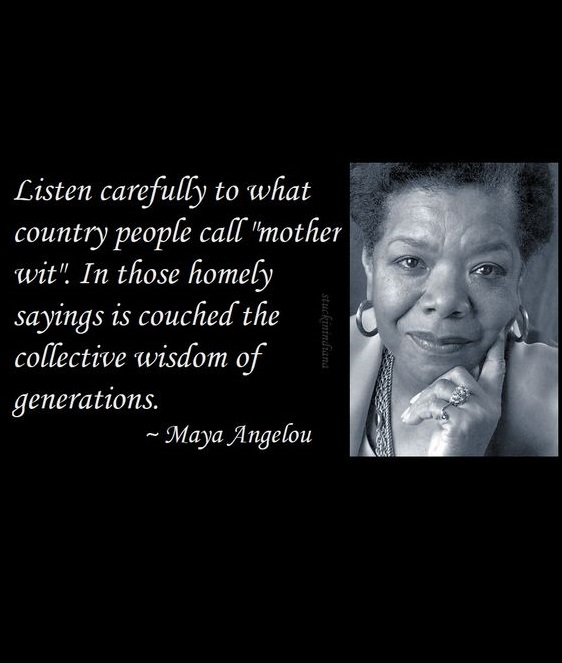
What is Mother Wit?
What is Mother Wit I ask, as I sit with April’s cards for the month of May spread before me? Why is this concept reverberating with me? Could Mother Wit help me embrace or face differences of race or culture? I ask myself, “what intelligence or wisdom do I draw from to be a loving, supportive and woke mother to my children?” This is a deep dig for me as much of my mothering journey had been traveled without any peers until I found my community in you, Dear Reader.
In the Encyclopedia of Motherhood, Mother Wit is “... the wisdom women develop based on their lived experiences. It is a type of knowledge that is informed by women's common sense, relationships, informal interactions, and life lessons…In addition, it signals the intelligence and astuteness that women can have, even if they are not formally educated.” Mother wit has been a tool much relied upon to dispense “protective advice and help them [our children] avoid harm and/or learn how to care for themselves.”
In her article, “Black Women: Holding Families Down for Generations with Chewing Gum and Mother Wit,” Desiree Cooper proposes the ancestral wisdom of women in her family and community is Mother Wit. Dr. Camille Wilson writes that Mother Wit is a form of “wisdom especially revered by African American slaves because it guided, informed and inspired oppressed African American families and communities to persevere amidst the grueling physical, social and political conditions imposed by slaveholders.”
Bitter Sweetness of Mothers' Day for Some
Mothers’ Day is a bittersweet day for me. It’s not grueling and I’m not oppressed, but I do experience sadness on this particular holiday of cheery flowers and breakfasts in bed. It’s a day that’s supposed to be bold and beautiful and celebratory, and yes, it is because I love being my children’s mother. However, throughout the day (and surrounding days), I sit in the shadow of another woman’s loss and I wonder, “how is she getting through the day?” Last year, I wrote about our children and the themes of love and joy and motherhood and how they contradict a, perhaps unspoken, awareness or concern of and for their biological mother. This day could very well be oppressive or grueling for our children!
Mother Wit is an old, folkloric concept related to maternal wisdom. What does yours look like on Mothers’ Day? I don’t write about Mother Wit to appropriate it. I write to shine a light on an important part of our children’s culture and in turn, ask you to take stock of your own motherly wisdom.
I have come to rely upon the relationship and community I’ve forged with other adoptive mothers and fathers …. People like you! I look to you for back-up and moral support. I look to you when things get really tense in the world or in my family. I look to you to see reflections and resemblances of my own family. Seeing that reflection makes me breathe a little easier. I need the wisdom, community and support of you. You are how I experience and build my own Mother Wit, and I’m holding you all in my heart this Mothers’ Day.
Citation: O'Reilly, Andrea. “Mother Wit.” Encyclopedia of Motherhood, SAGE, 2010, pp. 873–874.
This post is from our May, 2022, newsletter. If you would like to get our newsletter in your inbox each month, as well as information about our annual Transracial Journeys Family Camp and our monthly Zoom call to provide support for our transracial adoption parents please subscribe.
The Arc of Identity
In our April, 2021 Newsletter article entitled “What’s in a Name?,” We wrote about identity and the names our children carry. In this month’s set of cards, April writes,
“When your child is adopted, there’s another world, another narrative, and perhaps another name that accompanies them along with their “who am I?” journey. The way in which we build a strong and healthy identity often begins with our names as one of our central building blocks.”
Finding Community
Identity development is a large part of a child’s journey throughout adolescence and young adulthood. Finding community is also a large part of answering this “who am I?” question. For those of us who have been involved with Transracial Journeys for several years, we’ve had the privilege of witnessing our children and some of our camp counselors mature and enter young adulthood.
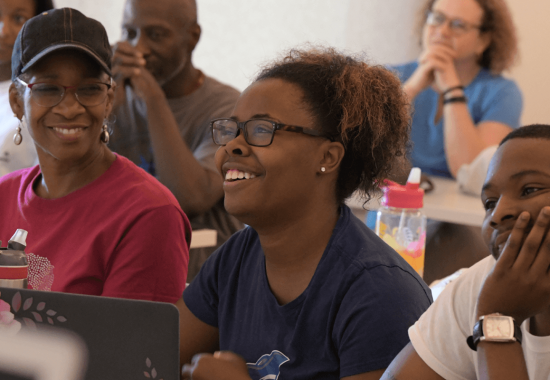
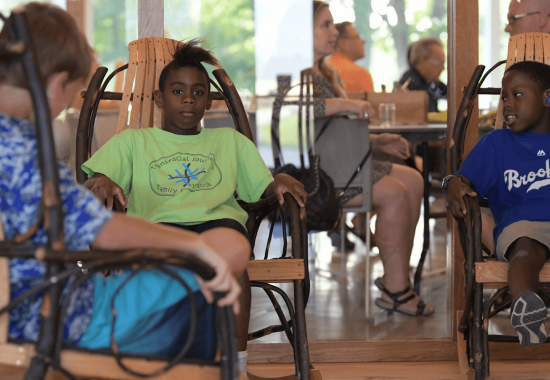
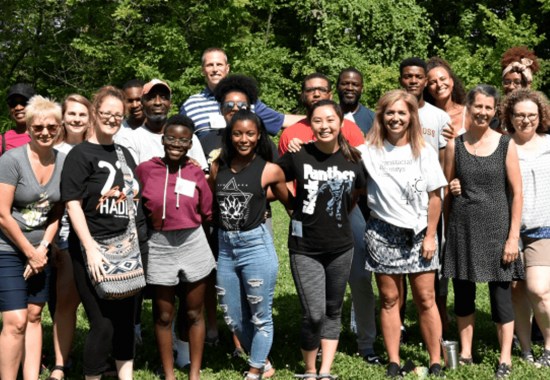
On The Board, we work to provide support to our families and children - that’s a given! But, in the wings, we also work to nurture, train and support our camp counselors who themselves are often adopted persons and therefore older versions of our children. When you come to camp, you’re not only supporting the healthy growth of your own family, but you’re also supporting this community of your child’s future peers.
For the past few years, we have been fostering the transition of our young campers into counselor-in-training and counselor roles at camp. We have been observing a “rite of passage” of sorts from camper to counselor. We’ve discovered one of the gifts of growing up in TRJ is this transition where a child leaves their family of experience and enters a new family of friends, advocates, and peers who share a lot of the same lived experiences. Finding your people and availing yourself of their support, friendship and wisdom is incredibly nurturing to the development of your sense of self and to your identity in being part of a group.
"Who Am I?"
The community building that’s happening with our counselors, and their friendships forged is pretty amazing. Several of our counselors have been coming together now for years to work with our children, and in doing this work, they’ve also formed relationships with a community of peers who share intersectionalities of race and/or adoption. Finding a network of kindredness and support will help our children in their search to answer the question “who am I?”.
We look forward to helping our young adults find support and reflection of themselves on their journey to adulthood and beyond. Who knows, perhaps your child will be a counselor someday too.
This post is from our April, 2022, newsletter. If you would like to get our newsletter in your inbox each month, as well as information about our annual Transracial Journeys Family Camp and our monthly Zoom call to provide support for our transracial adoption parents please subscribe.
The Luck Code
It’s March! The spring equinox/first day of spring is on March 20 and March is Women’s History Month. It’s also St. Patrick’s Day on March 17 - a day when “everyone is Irish” and, more than any other time of the year, “luck” is in the air.
For families formed by adoption, there’s a type of “code talk” surrounding the concept of luck. If I had a dollar for every time a stranger told my child how lucky she was to have been adopted or how wonderful I am to have rescued a child from the system… Well, I don’t have to explain this conversation to you, my beloved, village of families formed by transracial adoption because you know the lingo.
Having lived a life on the receiving end of these messages, April writes:
"If I was lucky enough to be rescued from whatever situation I was in with my first family, I should be happy, grounded, have no issues whatsoever, and of course, I should never ever question my identity related to adoption. And heaven forbid, I should never search for my family of origin."
"These individuals (sometimes close friends) had no earthly idea that in fact, an adopted person loses something even when they are adopted by an amazing new family. I am not sure they meant harm."
What can help is to hold some space for having a conversation with your family about this month’s prompts. These conversation starters on our cards will really help when it comes to others’ reactions to our children and families, as well as the ensuing comments of luck and saviorism that may also be aired. As April says,
“these are intricate and complicated realities and thinking about them and talking about them will help ease what often lies under the surface."
This post is from our March, 2022, newsletter. If you would like to get our newsletter in your inbox each month, as well as information about our annual Transracial Journeys Family Camp and our monthly Zoom call to provide support for our transracial adoption parents please subscribe.
Who Do You Love?
In February, we honor Black History and it’s also the month lean into love. In April’s February card for identity, she opens the door for children to ask parents: “What is one thing you love about yourself?” and “What is one thing you love about me?” Let’s break those questions down a bit more….
Whether you sit down with your children or not, ask yourself, what do I love about my child? Write down your answer. I know there’s loads to love about our kids. I bet your list is really long. Once you’ve written down some things, come back to this article.
Black History and love come into play for families specifically like ours, families that are Black and White. In your list, did you write anything about loving your child’s Black culture, their Black heritage, skin or hair? How are you expressing your love of your child’s racial identity?
Our Relationship With Black History, Black Friends and Racial Identity
Black History and love come into play for families specifically like ours, families that are Black and White. In your list, did you write anything about loving your child’s Black culture, their Black heritage or even their Blackness? How are you expressing your love of your child’s racial identity?
A friend once asked how to help his child form friendships with other Black children. I asked him, do you have any Black friends yourself? Does your child see you loving Black people in addition to them? This dad had no Black friends, so it wasn’t any wonder that his child didn’t have any either. How can our kids be or achieve something they’re rarely exposed to?
Ask yourself, do I just love my Black child or do I go further and have relationships with people that are Black? In working to build these relationships, we’re not only availing ourselves of the joys of new friendship but we’re also showing our children we don’t just love one Black person, but many. And remember, children are often noticing and internalizing things even when they don’t always have the words to articulate how they feel about things.
Sometimes, walking this path can be lonely. My Black child didn’t want to participate much in reading about Black history or literature. My Black child didn’t want to attend marches with me for Tamir Rice. Tamir was shot and killed by police outside the very city recreation center we attended for swim meets and family art classes. My Black child didn’t want to attend Black museum exhibits with me much either.
Some White friends and family members thought I was crazy for raising my kids in the middle of the city. It was alienating for me and I didn’t have the support of Transracial Journeys families because some of this happened before our small transracial adoption support network existed. I walked, I cried, I attended, I viewed, and I listened for years often alone. If either of my children came along with me to these events, it was more often my White daughter.
I didn’t realize until recently that doing these things was an act of love and support for my Black child and her racial identity. All along this journey, she was really watching me with big eyes. I know now that doing all of these things not only contributed to the growth of my child’s racial identity, but as she grew, it set down more of an ease to have conversations about race that were initiated often by her. I know it made her feel much more certain of my love for her because I worked for relationship and community with other people like her.
If I could go back in time and ask advice from “future Avril”, I’d love to have heard,
“love your child, love her culture, love her family of origin… just love her people and in turn, you love your child and your child will have a better chance to truly love themselves””...
This post is from our February, 2022, newsletter. If you would like to get our newsletter in your inbox each month, as well as information about our annual Transracial Journeys Family Camp and our monthly Zoom call to provide support for our transracial adoption parents please subscribe.
Simone Biles – Black Excellence
On the Transracial Journeys Facebook Page, we recently asked for Black Excellence nominations. You did not disappoint! With nominees such as Jason Reynolds, Jacqueline Woodson, Resmaa Menakem and Simone Biles, it was tough to choose. However, there’s one candidate who strongly represents this month’s themes of love and history (in the making) and she is Simone Biles! Thank you for your nomination Nicole Zistler, and please keep your nominees coming.
Simone’s strength and grace is not simply about her gymnastics but it’s also present as she has had to navigate inappropriate discreditation of her family structure. Born in 1997, Simone and her three siblings spent their early childhood in foster care until her maternal grandparents adopted Simone and her younger sister, Adria. Her two older siblings were adopted by her grandfather Ron Biles’s sister, Harriet.
Inspired by Gabby Douglas at a young age, Simone has said, “Growing up, I didn’t see very many Black gymnasts…So whenever I did, I felt really inspired to go out there and want to be as good as them. I remember watching Gabby Douglas win the 2012 Olympics, and I was like, if she can do it, I can do it.”.
Simone Biles is not only the most decorated gymnast of all time with 7 Olympic medals and 25 World Medals, but she’s also known for mental health advocacy on behalf of herself and others. Under incredible pressure and under the world’s spotlight, she stepped out of the Tokyo Olympics to take care of her own mental health. She stated,
“I have to put my pride aside. I have to do what’s right for me and focus on my mental health and not jeopardize my health and well-being. That’s why I decided to step back.”
At past Transracial Journeys Family Camps and Zoom meetings, several of our kids have excitedly voiced their love for Simone. There are many books about her available at your local library, but only one of them is written by her “Courage to soar: a body in motion, a life in balance”. Check it out!
The New Year and Hard Relationships
It’s a new year, and January generally comes to us with the mindset of making New Year’s resolutions and thinking about the year ahead. These resolutions are generally about things and not about our relationships (our connectedness) with others or with ourselves.
Teaching Our Children Healthy Relationships
Our behavior and thoughts about our relationships with others can range from warm and loving to anxiety provoking or even scary. In working on our relationships, think about love as an action. Consider activating love, relationships and doing the work to extend yourself in order to nurture yourselves and your children. It’s not easy, but showing our children how to do this when they are still children, and in our care, is a healthy concept to teach.
With this in mind, and because adoption is rooted in complexity, it is important that we, as adults and parents, work on processing our relationships and our connection to difficult things, concepts, and circumstances. Doing this will not only benefit us as individuals, but our children and extended families too!
Our Relationship With the Calendar
One of the first relationships you can lean into in January is your relationship to the calendar. In your TRJ card deck, April asks you to chart out some dates and anniversaries for the year with your children. Think about your relationships to these events (both celebrations and 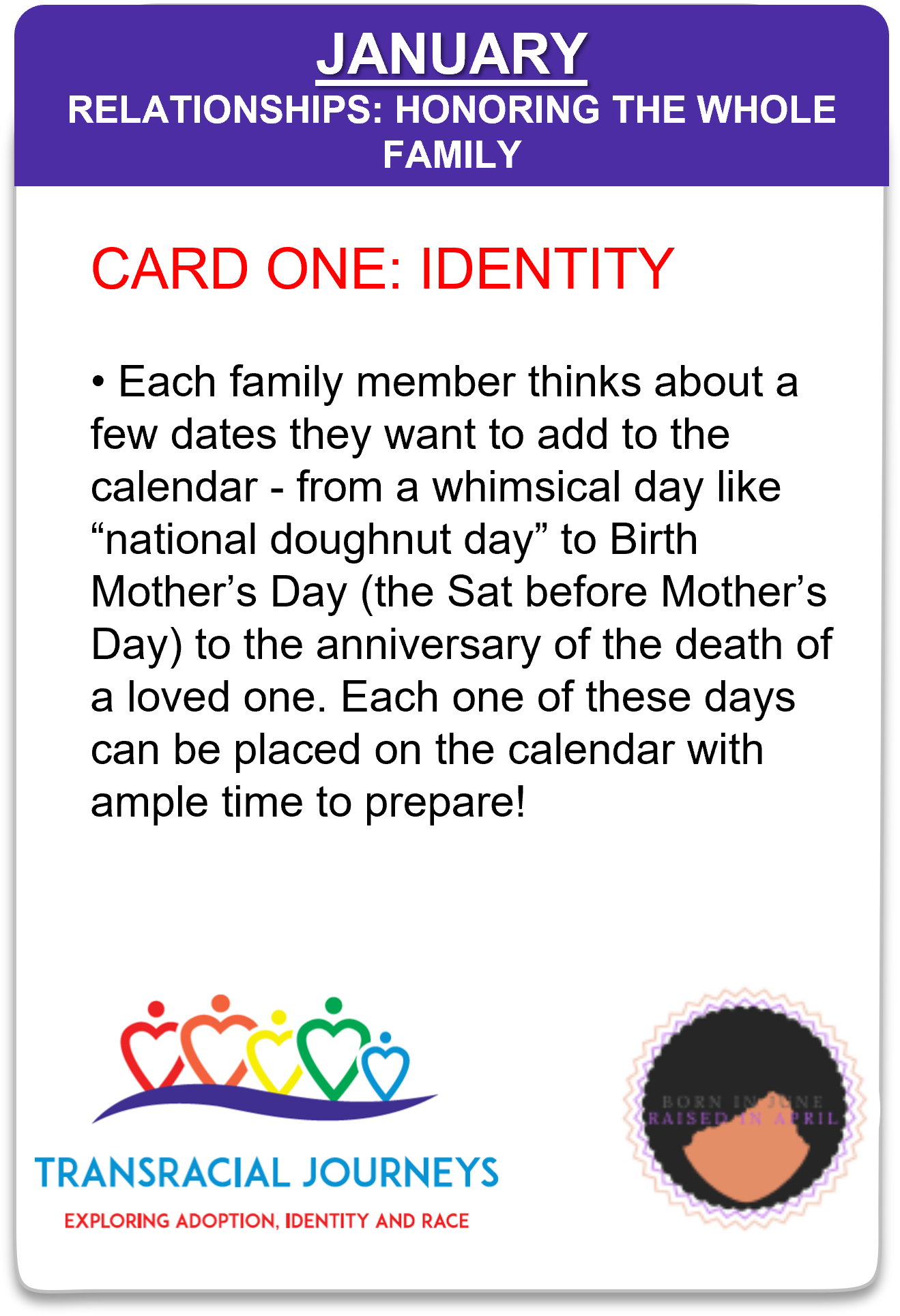 challenges) and how you might prepare for them. Share your strategies with your children, have them share their ideas and their “asks” for support or celebration with you and then co-create your year. Don’t worry about getting the whole year planned, you can go at a pace that works for you and your family.
challenges) and how you might prepare for them. Share your strategies with your children, have them share their ideas and their “asks” for support or celebration with you and then co-create your year. Don’t worry about getting the whole year planned, you can go at a pace that works for you and your family.
Read more about January conversation cues, including Pro-Tip for Parents, in this month's Calendar and Card Deck post: "January Relationships: Honoring the Whole Family."
Co-Creating your Family Calendar
For families that received the TRJ June in April calendar, we intentionally left it blank with no holidays or events. Instead, we gave you a list of possibilities on one of the first pages so you can fill in exactly what you’d like as a family. If you don’t have one of our calendars and you’d like one, send us a note to info@transracialjourneys.org and we’ll get you one. You can also do a similar exercise with ANY calendar you have and read our monthly emails for your conversation stimulants. Reclaim your calendar together and use it as a center of gravity for transformation!
This post is from our January, 2022, newsletter. If you would like to get our newsletter in your inbox each month, please subscribe.

